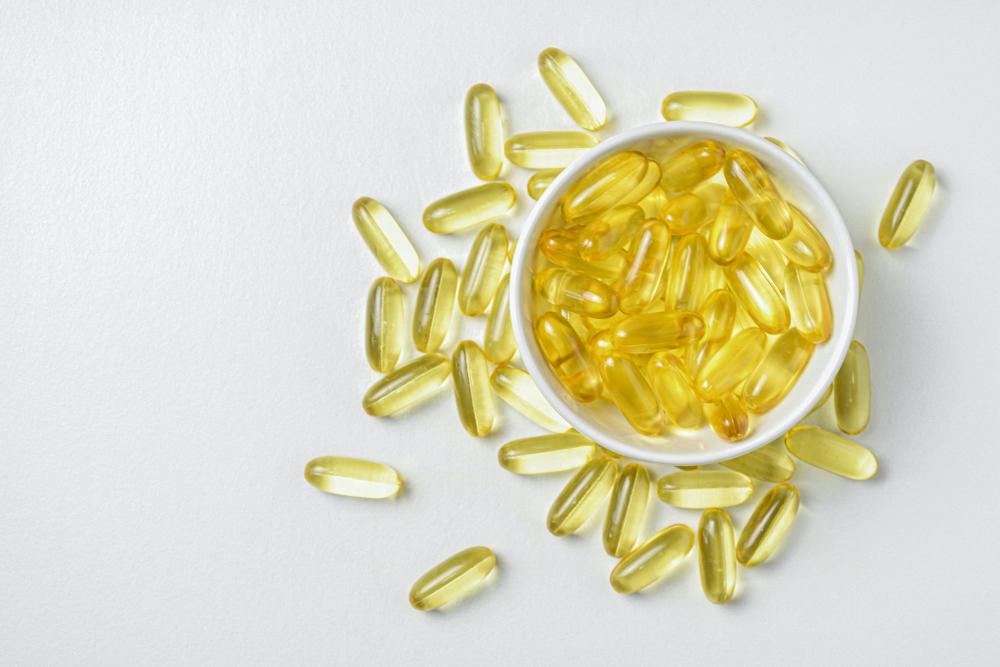Fats

Following on from my blogs on carbohydrates and proteins - onto the last macronutrient - FAT.
I will start off this blog how i started off the others - with the false claims/beliefs that people have with fat and end with some truths. With the supermarket shelves full of “low fat” “reduced fat” or even “fat free” its hard to avoid the stigma around “fat”. You will most often than not find that if an item is “fat free” etc its usually has added sugar to improve the taste that was lost when the fat was taken out. Yes it will be less calories - fat has 9 calories per a gram vs the 4 calories per a gram of carbs and protein. Fat is the most energy dense macronutrient
Fat in the diet plays a major role in keeping us healthy and functioning. They help manufacture hormones, form everything from cell membranes to brain and nervous system. Fat plays a crucial role in transporting vitamin A,D,E and K (fat soluble vitamins). It also provide us with two essential fatty acids. (linoleic acid and linolenic acid)
There are 3 kinds of fat - Saturated, monounsaturated and polyunsaturated. An easy way to tell them apart is - products that contain more saturated fat are solid at room temperature (hard cheese) where as products which contain more of the two unsaturated fats are liquid or softer at room temperature.
There are quite a few high fat diets out there - atkins, bulletproof, ketogenic diet to name a few. These diets have worked well for a lot of people because as mentioned above fat can help with hormonal balance and insulin sensitivity - which are two of the most common underlying reasons people are struggling to lose weight. They are some of the most researched diets out there and have been around for decades. The thing that most people find hard is if you are eating a high fat diet - you have to make sure you stick to low carb so that means eliminating all fruit and higher carb vegetables. You cant have it both ways!
Out of all the high fat diets in my personal opinion the Ketogenic one is the best. Unlike others where you are allowed cream, bacon and sugar free chocolate, sweets etc. The Keto diet you will be eating high quality unprocessed meat and vegetables and most importantly HEALTHY FATS.
Benefits of following this high fat diet range from reduced risk of type 2 diabetes, weight loss, fights brain disease, weight loss, and fights cancer. To get these benefits you need to make sure that you are eating the healthy less processed versions of the fat. Below is a list of foods that can be eaten when following a high fat diet.
Meat
- Grass fed beef, lamb
- Poultry
- Free range eggs
- Fish - including tuna, mackerel, salmon, trout, anchovies
Vegetables
- leafy greens
- cruciferous vegetables
- courgettes, cucumber, celery, leeks
- fresh herbs
Vegetables with slightly higher amount of carbs
- mushrooms
- bean sprouts
- bell peppers
- asparagus
- sugar snap peas
- tomatoes
- radishes
High fat vegetables
- Avocado
Oils
- coconut oil
- MCT oil
- olive oil
- macadamia oil
- butter
- ghee
Sauces that can be used
- Apple cider vinegar
- unsweetened mustard
Dairy should only be eaten every now and then due to its natural occurring sugars. The same goes for nuts and seeds.
Whilst this is not for everyone - I would definitely recommend making a conscious effort to get more “healthy fats” into you diet, whether it’s having 1/2 and avocado or cooking with coconut oil. These small changes can benefit our health from a cellular level.
Research
Precision Nutrition (https://draxe.com/keto-diet-food-list/)






